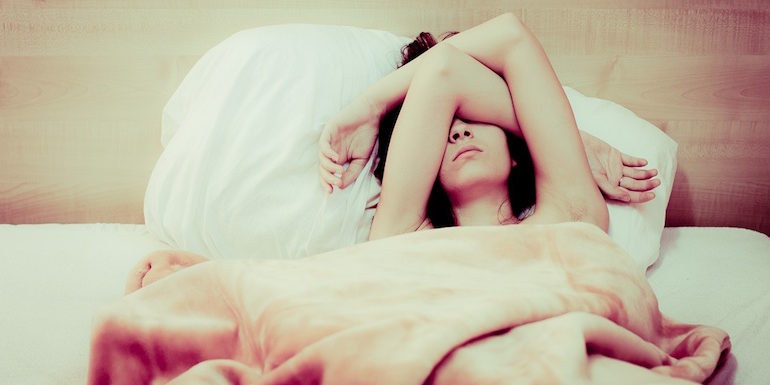Headaches are caused by a multitude of triggers, however, they are defined as pain experienced by the nerves in the membranes inside the skull or major nerves that radiate out from the brain, most often caused by irritation, inflammation, or injury. Headache pain can further be subdivided into tension, cluster, or migraine headaches.
Causes of headache pain
Since there are so many types of headaches, it can often be hard to pinpoint the exact cause. However, headaches are most often caused by:
- Alcohol indulgence
- Dehydration
- Foods that contain nitrates
- Lack of sleep or food
- Stress
Headaches that are caused by the absence of something, such as lack of sleep, food, or water, can often be helped by replenishing the body’s absence.
Alternative treatments for mild headache pain
Dehydration, especially, is an often under-noticed symptom of headaches, so your first line of defense when you get a headache should be to drink a glass of water. Drinking water can also help flush out greasy, salty, or nitrate laden foods that may be causing the headache. Likewise, drinking alcohol can dehydrate the body, so try to drink water both during and after drinking alcohol.
When stress is the cause of a headache, more intensive stress management techniques may be helpful for diminishing stress, and thus, the headache pain. These techniques include biofeedback, acupuncture, massage, and meditation.
Some herbs have been found to be helpful for treating headache pain, especially the herb feverfew. It is the most popular herbal remedy for headaches. Using essential oils of lavender, ginger, or peppermint on the skin, or just by smelling them, may also be helpful.
For recurring headaches, there can often be an underlying food trigger that is causing the pain. Some people may have reactions to foods like chocolate or red wine that particularly leads to pain. To figure out if a food reaction is causing your pain, keep a log of when headaches occur and what you’ve eaten that day.
Treatment for more severe headache pain
When alternative treatments don’t help relieve the pain, individuals should look to a pain specialist for advice on treating their headache pain. They may be able to suggest more intensive treatments, like medication, cervical injections, or nerve blocks.
Do you suffer from headache pain? What do you do when you feel a headache coming on?
Image by Mislav Marohnic via Flickr


